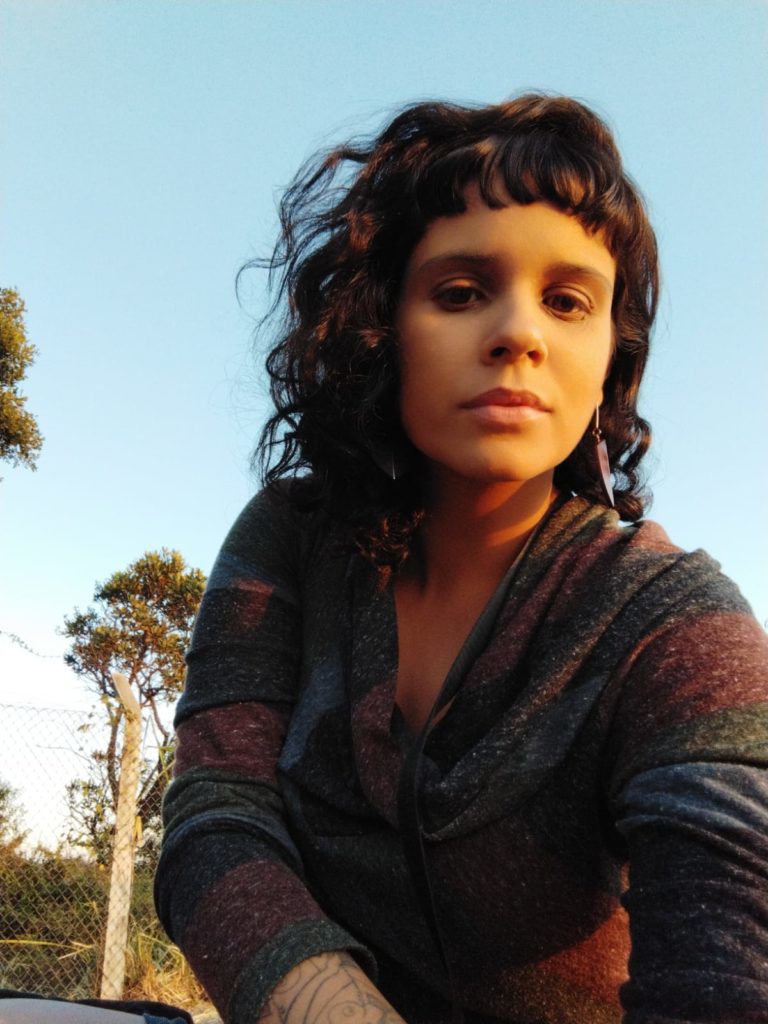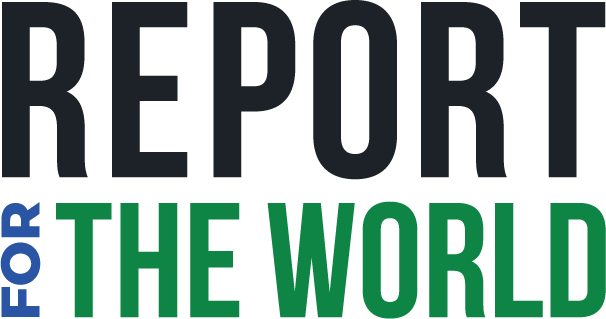Our spring membership campaign kicked off this week, and we’re inviting you to take part. Every day, Report for the World corps members are producing public-service journalism that fosters understanding, connection, and growth. But we can’t do it without you.
An anonymous donor is matching all gifts to Report for the World through midnight Friday. Will you do your part to support independent, local journalism across the globe?
Yes! I support Report for the World!
Press freedom in Brazil has had its own unique set of obstacles, particularly during a period when extreme right parties were in power. Nathallia Fonseca, our corps member from Agência Pública, comments on the changing nature of press freedom in Brazil and the difficulties she has as a female journalist covering gender issues. 
Report for the World: What’s the state of press freedom in Brazil after the election?
Nathallia Fonseca: The press in Brazil faces a huge, complex challenge directly associated with the growth of the extreme right. It includes a credibility crisis caused by the spread of fake news, intentional disinformation, and ideological narrative battles.
This phenomenon profoundly affects our freedom and, at various times, sounds like an enemy that we know less than would be ideal for combating it. I say this mainly because it is important to understand that a situation like this one only occurs where there is fragility and, as a result, reorganizing takes time. Now, fortunately, we are politically more distant from an authoritarian and openly anti-press government.
We have also overcome the dark period of the elections, in which many and many of us suffered threats. Despite this, media regulation is still on the table, and there is a vast amount of work to be done from a social, regulatory, and didactic point of view to prevent errors from being repeated or perpetuated.
RFW: What are the main challenges you face as a women journalist covering gender issues? Are there new initiatives being taken to protect women journalists from online harassment?
Fonseca: Many of the challenges of covering gender issues in journalism are actually embedded in the larger context of being a woman in a patriarchal world. It includes covering stories that interfere directly and immediately in my life, living with traumas that belong to other women, but are also mine, and writing texts that speak of a collective reality while, at the same time, a very intimate place of myself.
Covering issues where we are also immersed as individuals is bittersweet. In the practical and political aspects, there is always the fight for space and the negotiation for the press itself (thinking beyond the independent media) to face taboos such as abortion, maternal mortality, and sexual crimes with the necessary responsibility.
In terms of initiatives, the Ministry of Women recently took over the working group of the Ministry of Justice’s observatory on violence against journalists and communicators. The working group points to a necessary gender perspective incorporated by the Brazilian government to look at these issues. In addition, organizations such as the Brazilian Association of Investigative Journalism (Abraji) have already mapped violence directed against female journalists inside and outside newsrooms for at least five years.

